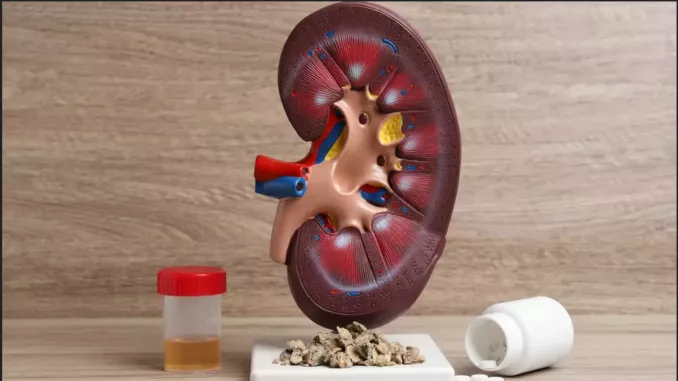
Ramadan begins on Wednesday, March 22, 2023 and ends on Friday, April 21, 2023 and it's important to maintain healthy eating habits during this fasting period.
The risk of being dehydrated during Ramadan is very high as you're not expected to have any food or liquid until sunset, and you're also sleep deprived which could lead to fatigue and headaches.
Here are some tips for healthy Ramadan fasting;
Make sure you eat Suhoor
Suhoor is the meal eaten before dawn during Ramadan, after which people fast until sunset. It is consumed early in the morning before sunrise, right before the fasting begins.
For Suhoor, you should avoid foods such as pickles, salted nuts, and olives. Avoid canned foods, spicy foods and heavy desserts because they increase thirst.
Consume nutritious and easily digestible meals, and drink enough water to avoid feeling thirsty later in the day.
Foods like bread, eggs, cheese, meat, vegetables, fresh fruit, yogurt, milk are great to have for Suhoor.
Don't overindulge in Iftar
Iftar is the meal eaten after sunset during Ramadan. It's essentially the meal used to break the daily fast.
Iftar is the time to replenish one's energy levels by consuming healthy foods, and while it is very easy to eat anything and everything during the feasts at sunset, filled with trays of sumptuous food, it's better not to overeat because it could lead to indigestion and weight gain.
It's advisable to consume just enough food that'll get you through the night.
Iftar foods include soft boiled lambs, egg salads, kebabs, chicken, oats, dates, porridge and so on.
Minimal Exercise
We've already mentioned that sleep deprivation and fasting could make you dehydrated and experience fatigue. So it's better not to push yourself too hard when it comes to your workout routine.
Instead, try minimal, low effort exercises like brisk walking, taking the stairs, dancing, yoga, wall sits and lunges.
Have a healthy and happy Ramadan!

















Comments